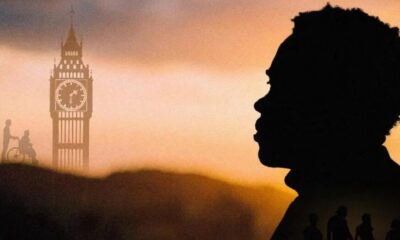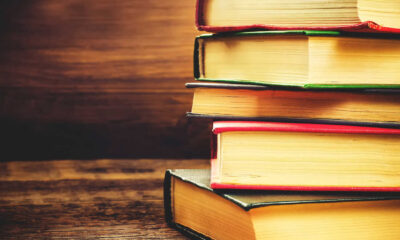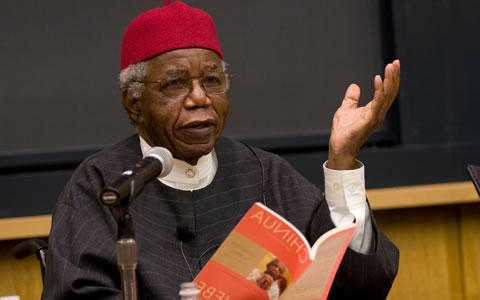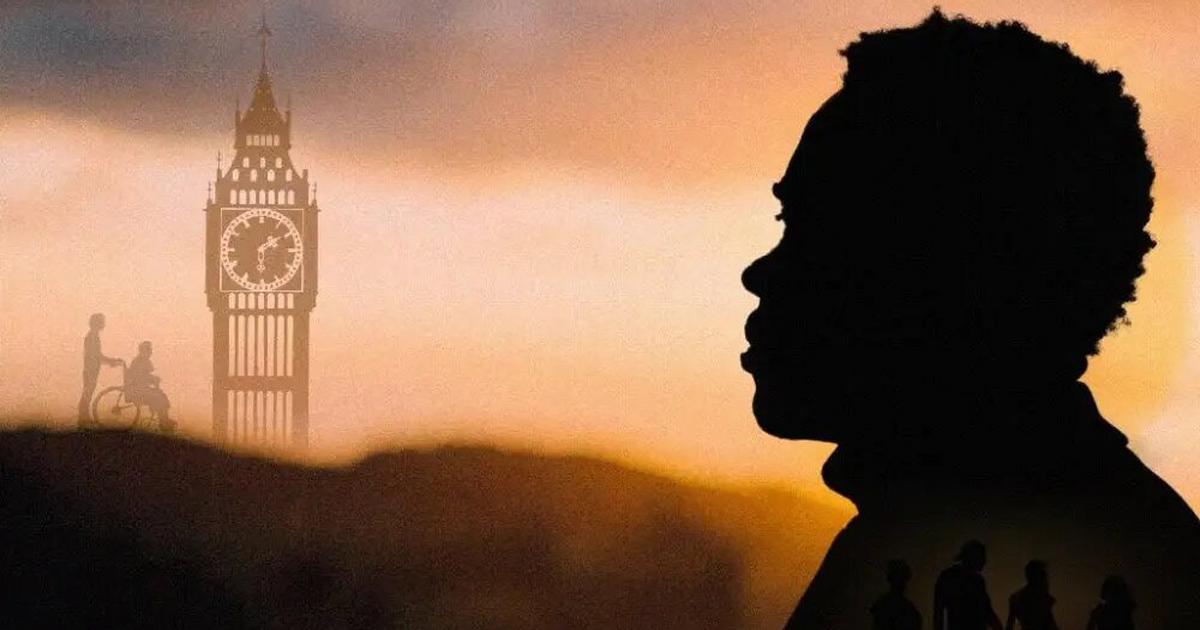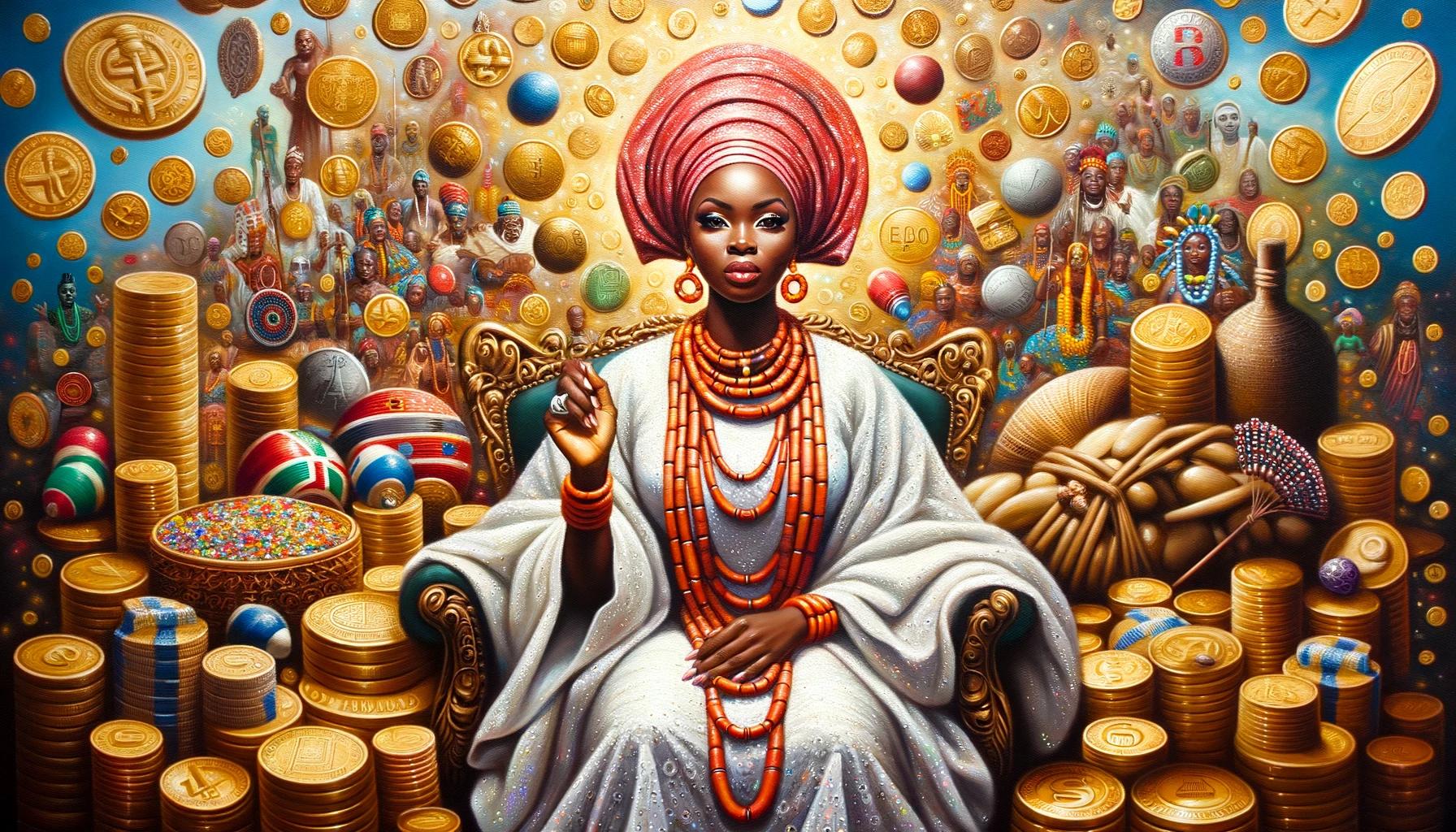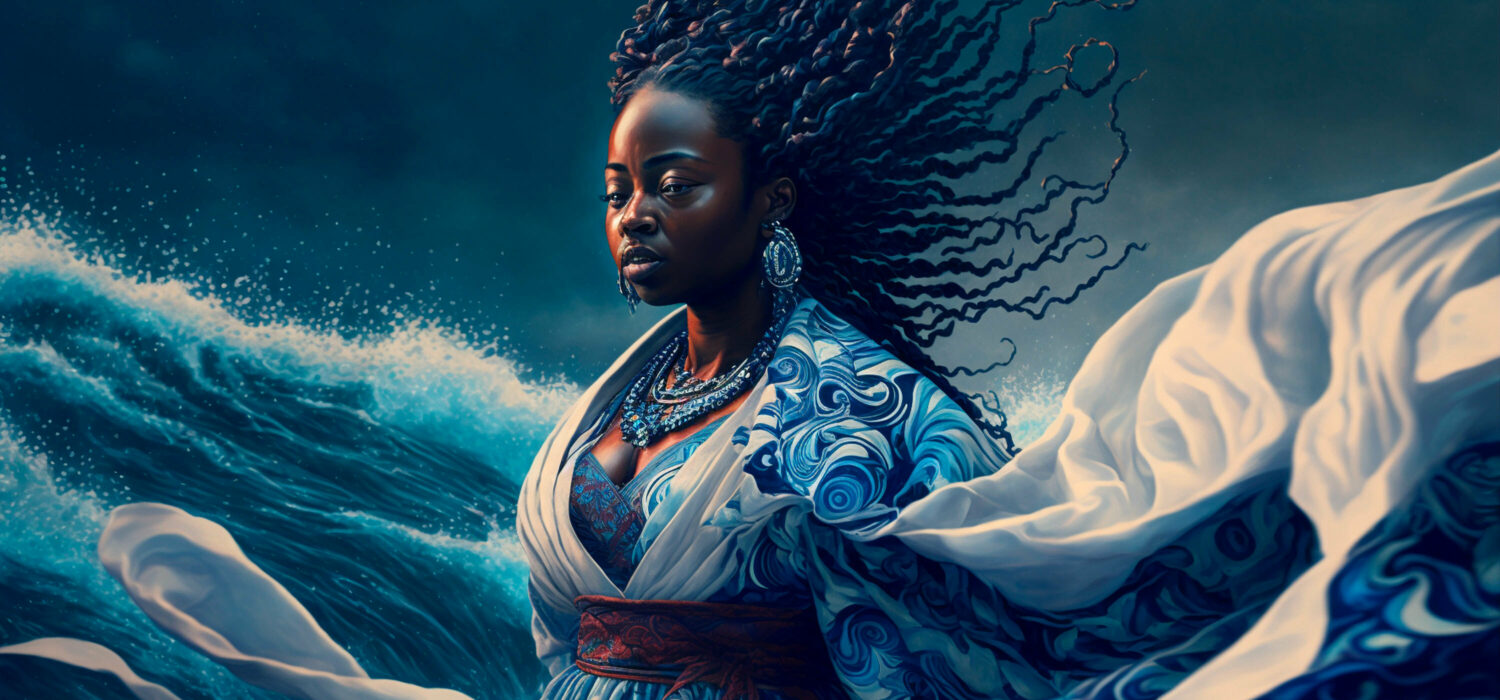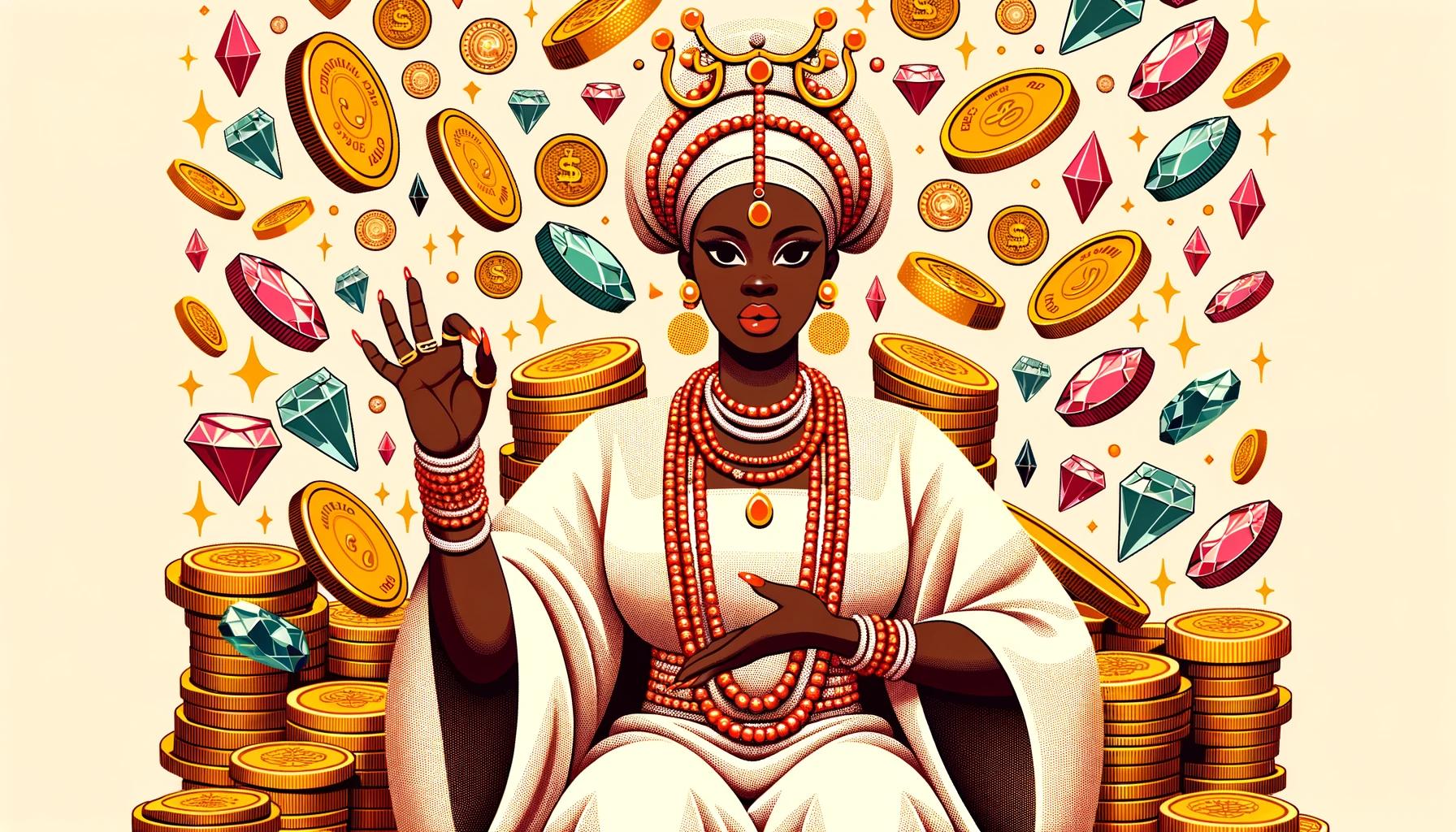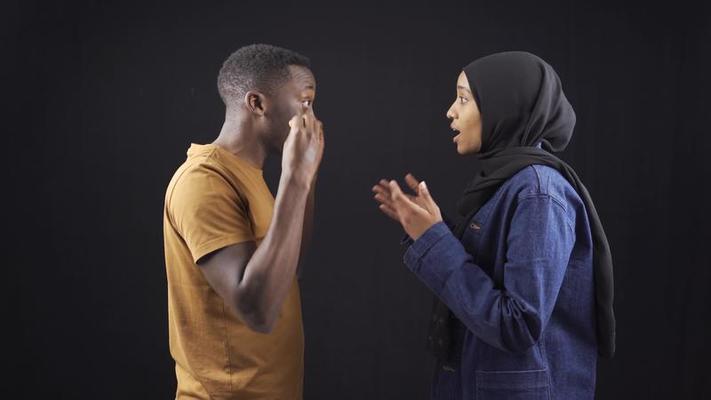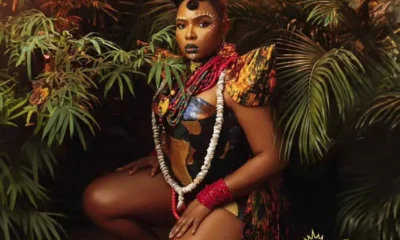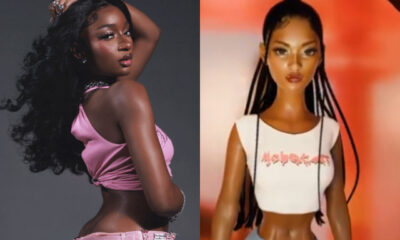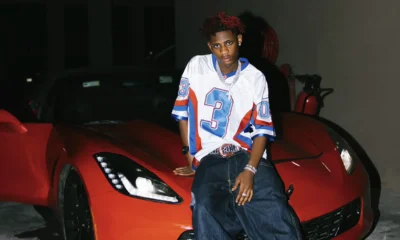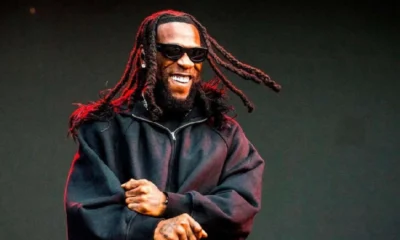As a book lover, finding your tribe is one of the best feelings ever. There’s just something beautiful about an atmosphere packed with people who love literature as much as you do. There’s a wave of freedom that hits in such atmospheres. If you’ve ever felt out of place, your sense of belonging fires on with ease.
That’s one of the pros of attending literary festivals. Everyone is there for the love of literature—poetry, prose, drama, flash fiction, spoken word performances, you name it. You also get to discover new and fascinating books from contemporary and word-savvy writers, as well as other artistic fashion and decor pieces. Sadly, literary festivals are not a click away. You’re probably going to do a lot of digging to find and successfully attend one. So I’ve curated a list of three literary festivals that happen annually. That way, you can plan and save beforehand, especially if you want to buy new books or art pieces.
Ake Arts and Book Festival

This has to be the most popular festival in the creative community, where creatives from all over the globe come together to discuss books, literary trends, and everything about literature. It’s a well-deserved feat because the festival has lived up to very high expectations and standards. It is organised yearly by a non-governmental organisation called the Book Buzz Foundation. This festival has successfully convened over a thousand writers, poets, playwrights, actors, filmmakers, artists, and book lovers. It usually runs for about four days. Here’s what the order of events at the Ake festival looks like panel discussions, musical performances, spoken word performances, art exhibitions, palm wine and poetry, workshops and masterclasses, and many more. They do not have a static ticket price, so keep in touch with them on their digital platforms for updates on the ticket prices. Click here to access their website.
Abuja Literary and Arts Festival

If you reside in Abuja, this is your cue to have some intellectually stimulating fun with the literary community. This literary festival is organized by the notable Abuja Literary Society for the young and thriving literary creatives in Abuja. They have a lineup of captivating workshops, panels, engaging book conversations, and many more. This is also not a free event, so you’ll need to purchase a ticket to attend. But it is worth every penny! Check out their website for more information.
Lagos International Poetry Festival

Lagos people! This one is for you. Usually referred to as LIPFEST, the Lagos International Poetry Festival is one of the most engaging literary festivals to have graced the literary scene since its inception in 2015. Held in the heart of Lagos annually, this literary festival has convened eminent writers, poets, intellectual thinkers, artists, and book lovers from across Nigeria and the world. It’s packed with a lot of fun activities and fiery performances that will leave you stunned.
Crater Literary Festival

The Crater Literary Festival is one of the few literary festivals that celebrate literature and rising talents, with a spotlight on south-eastern Nigeria. It features a variety of masterclasses, workshops, and book readings by different accomplished authors, poets, playwrights, and other artists. This is one festival that will take you deeply into each experience. To attend the next edition of the Crater Literary Festival, check here for more updates.
Get the latest and greatest updates right away! Join our exclusive WhatsApp channel and never miss out on exciting news again.
Sokoto Book and Arts Festival
The Sokoto Book and Arts Festival (SOBAFest) is a vibrant and growing event celebrating the literary and artistic scene of Sokoto, Nigeria. Launched in 2021, SOBAFest is a relatively young festival, but it has already made a significant impact on the cultural landscape of Sokoto. The SOBAFest programme of events usually includes book chats and panel discussions, art exhibitions, film screenings, theatrical productions, poetry performances, musical renditions, dance, and workshops.
These are great starters to help you find your tribe, discover new books, and network with fellow book lovers.
Check out more updates here.
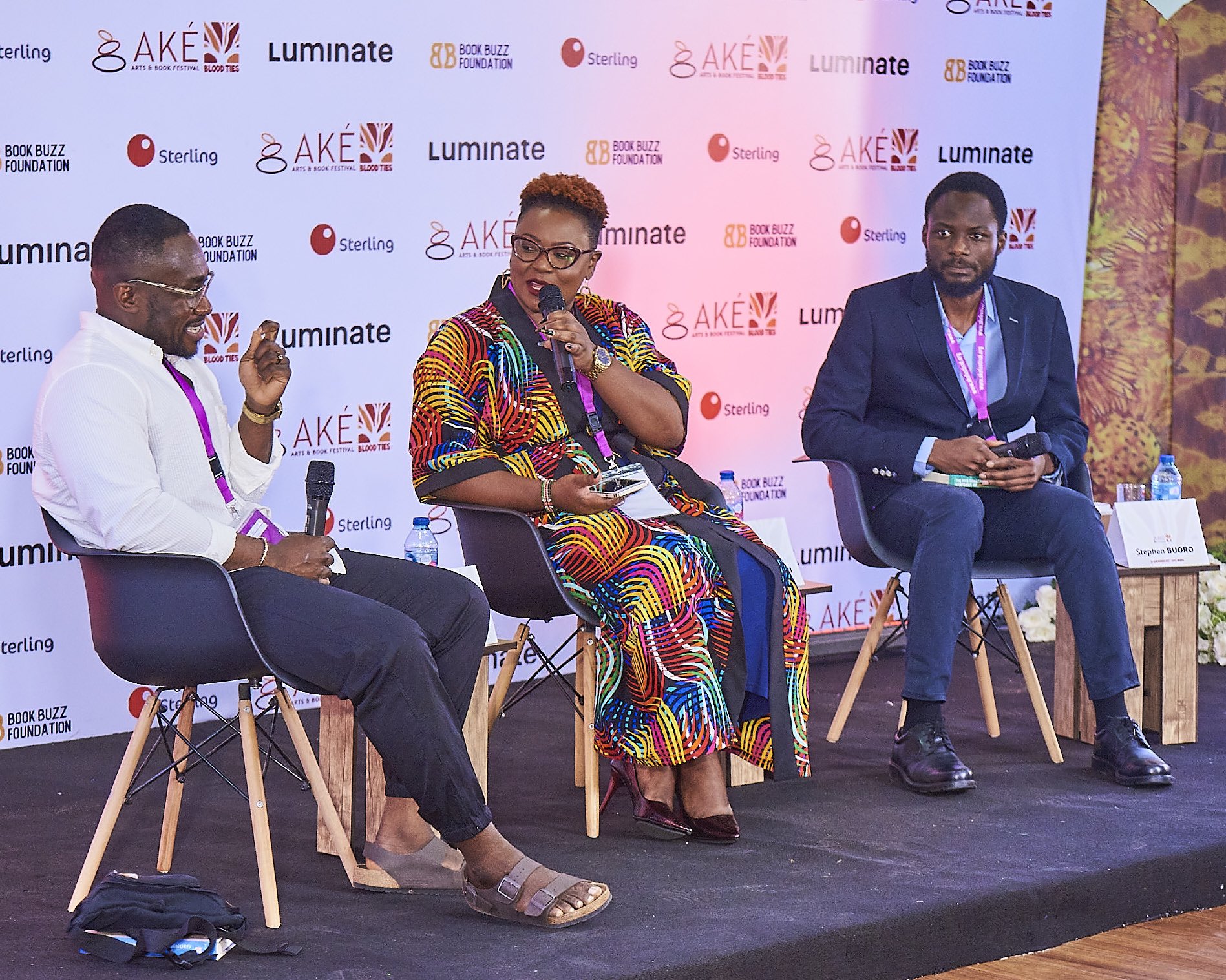
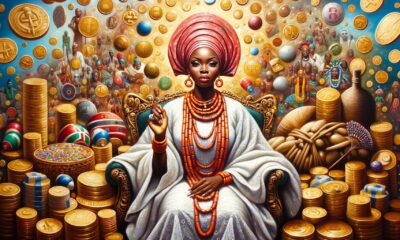
 ARTS & CULTURE6 days ago
ARTS & CULTURE6 days ago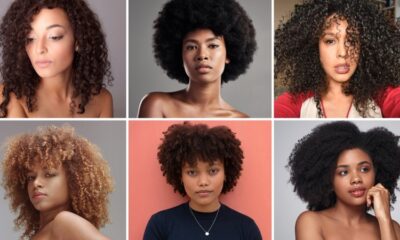
 BEAUTY5 days ago
BEAUTY5 days ago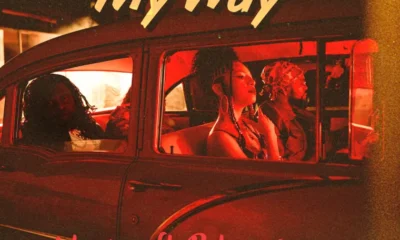
 FAB FRESH4 days ago
FAB FRESH4 days ago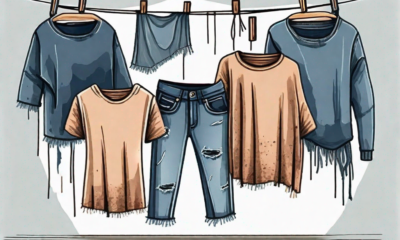
 FASHION7 days ago
FASHION7 days ago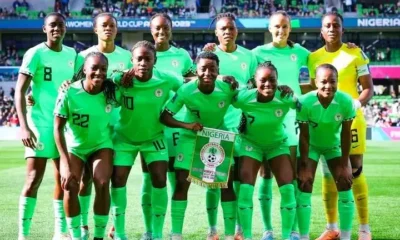
 SPORTS3 days ago
SPORTS3 days ago
 FASHION6 days ago
FASHION6 days ago
 HEALTHY LIVING5 days ago
HEALTHY LIVING5 days ago
 OPINION6 days ago
OPINION6 days ago






